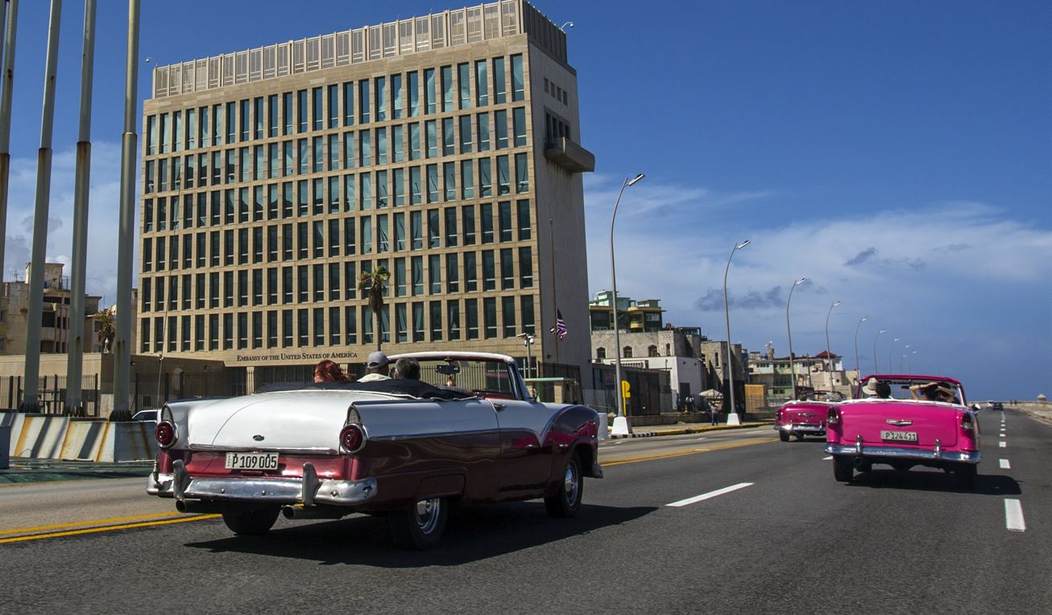It started in 2016 when nearly two dozen U.S. diplomats and their families stationed in Cuba were hit by disturbing symptoms of a brain disorder. Headaches, dizziness, memory loss, and unexplained bleeding from the nose were, at first, attributed to pesticides, or a psychological condition like stress.
But when Canadian diplomats also experienced the symptoms, the state department concluded they were victims of some sort of “attack” and the president withdrew most of our diplomats and expelled 15 Cuban diplomats.
That action was in keeping with U.S. policy toward Cuba at the time, where Donald Trump wanted to reverse the opening of Cuba by Barack Obama.
But then, it happened in China in 2018. At least 14 diplomats stationed in the city of Guangzhou came down with very similar symptoms as our people in Cuba. And then it happened to several CIA officers in Russia.
The difference in our approach to the attacks in China and Russia was dependent on what was seen as geopolitical necessities. The Trump administration was heavily involved in trade negotiations with China and was looking to maintain a good relationship with Vladimir Putin and Russia. Accusing either nation of attacking our diplomats would have necessitated some kind of response. The administration chose to maintain a cone of silence about what our government thought was causing the illnesses among U.S. State Department employees.
Meanwhile, our injured diplomats have been hung out to dry.
Those who fled China have spent more than two years fighting to obtain the same benefits given to the victims in Cuba and others attacked by foreign powers. The battles have complicated their recovery and prompted government retaliation that might have permanently damaged their careers, according to interviews with more than 30 government officials, lawyers and doctors.
U.S. lawmakers have criticized what they call secrecy and inaction from the State Department and are pressing the agency to release a study it received in August from the National Academies of Sciences, which examined potential causes of the episodes.
It’s never been publically reported that our CIA officers were targeted in Russia. But agency sources tell the Times, “officials at the State Department and outside scientists, as well as several of the victims, see Russia as the most likely culprit given its history with weapons that cause brain injuries and its interest in fracturing Washington’s relations with Beijing and Havana.”
It’s a puzzle why the State Department refuses to release the scientific report on the incidents.
Dr. David A. Relman, a Stanford University professor who is the chairman of the National Academies of Sciences committee that examined the cases, said it was “disheartening and immensely frustrating” that the State Department had refused to share the report with the public or Congress “for reasons that elude us.”
In a statement, the department said: “The safety and security of U.S. personnel, their families and U.S. citizens is our top priority. The U.S. government has not yet determined a cause or an actor.”
That’s obviously not the case. If they cared that much, they’d want to get to the bottom of the mystery. But the State Department does not see itself in the business of stoking conflict over something that can’t be identified and that no one knows if it really exists. Perhaps they expect Putin to confess. Then our injured diplomats would get the help and benefits they deserve.
It’s not in anyone’s interest at the State Department to try and unravel the mystery. So it will remain so until it happens again and Congress finally starts demanding answers.










Join the conversation as a VIP Member